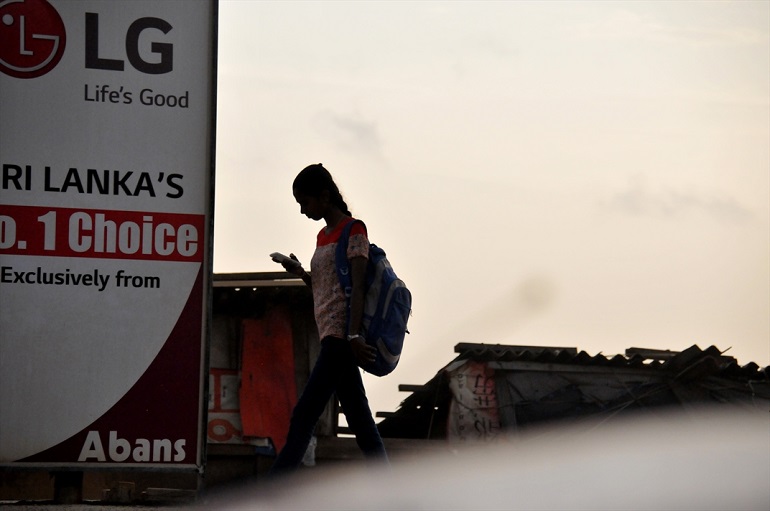
Civil society groups in Sri Lanka have asked Facebook to do more to prevent hate speech, including comments that discriminate on religious lines, following recent anti-Muslim riots.
“There was a post in the Sinhala [Sri Lanka’s largest ethnic group] language on Facebook for six days, which mentioned ‘killing all Muslims, without sparing even a child, because they are dogs’,” Raisa Wickrematunga from the Colombo-based Centre for Policy Alternatives told Catholic news agency UCAN.
In an open letter last week, the Centre for Policy Alternatives joined 11 other civil society groups in asking Facebook’s chief executive, Mark Zuckerberg, “to ensure Facebook’s Community Standards are implemented in local languages and contexts”.
They said this was “particularly important in countries and contexts scarred by violence or war and [featuring] underlying communal, religious, ethnic, political and gender disparities”.
During anti-Muslim riots last month, the government temporarily blocked use of social media platforms like Facebook and Whatsapp.
There have been calls for the government to criminalise hate speech and ‘fake news’, but some are concerned this could lead to abuse and censorship. “It needs to be handled carefully and in such a way that it doesn’t infringe on people’s freedom of expression,” said Jagath Liyanarachchi, an attorney-at-law, as reported by UCAN. “We need a proper system of checks and balances when new laws are put forward … [not censorship that] would threaten the basic tenets of democracy.”
The topic of social media and hate speech is also on the agenda of a two-day National Youth Summit that starts tomorrow (20 April) in Colombo. The event organiser, the Sri Lanka Development Journalist Forum, aims to connect and involve young people in addressing issues around development and inter-communal relationships. Of the more than 250 participants from different social and ethnic backgrounds, over 50% said they did not have friends within another ethnic group.
Compulsory religious education on Sundays?
Meanwhile, in a move to “install discipline in young adults”, the government is considering making religious classes on Sundays compulsory for all children aged between six and 19, reports UCAN.
The religious classes would replace tutorial classes that often take place at weekends and, according to both Christian and Buddhist religious leaders, have prevented children from going to church or the temple.
In November, a Catholic cardinal asked for tutorial classes on Sundays to be banned, saying “children do not have time to play or enjoy their childhood today because they run to tuition classes”. A Buddhist teacher went further, saying “anyone who conducts classes on Sundays should be punished”.
While Sri Lanka is a secular state, Buddhism is the official state religion, practised by around 70% of the population, and is tied to national identity.
“To be Sri Lankan is to be Buddhist” is the commonly held belief by many Sri Lankan Buddhists. According to the Christian charity Open Doors International, those who convert to Christianity from Buddhist, Muslim or Hindu backgrounds are seen as traitors and can be subjected to physical or verbal assaults.
The country ranks 44th on the 2018 Open Doors World Watch List of the 50 countries where it is most difficult to live as a Christian.